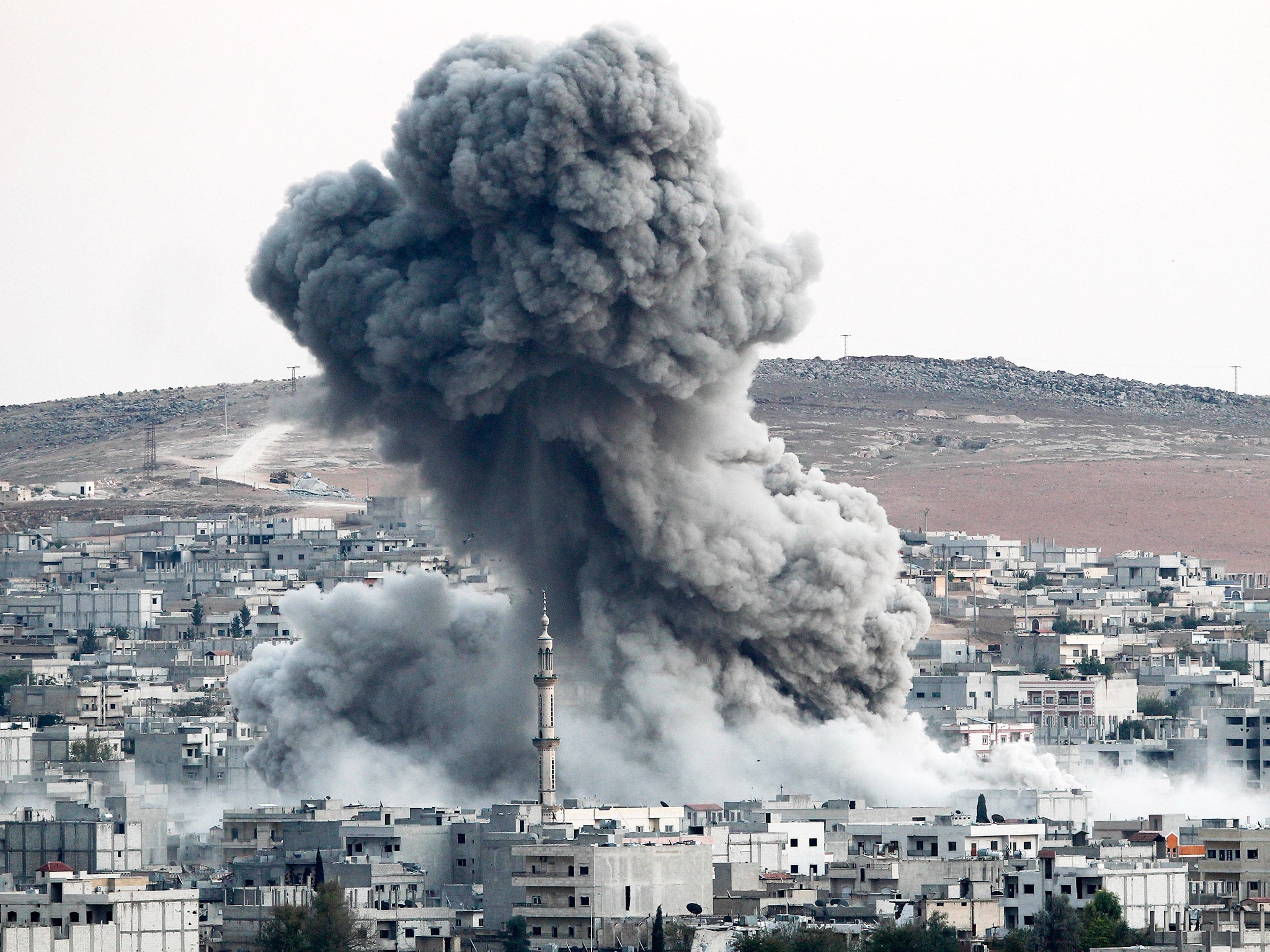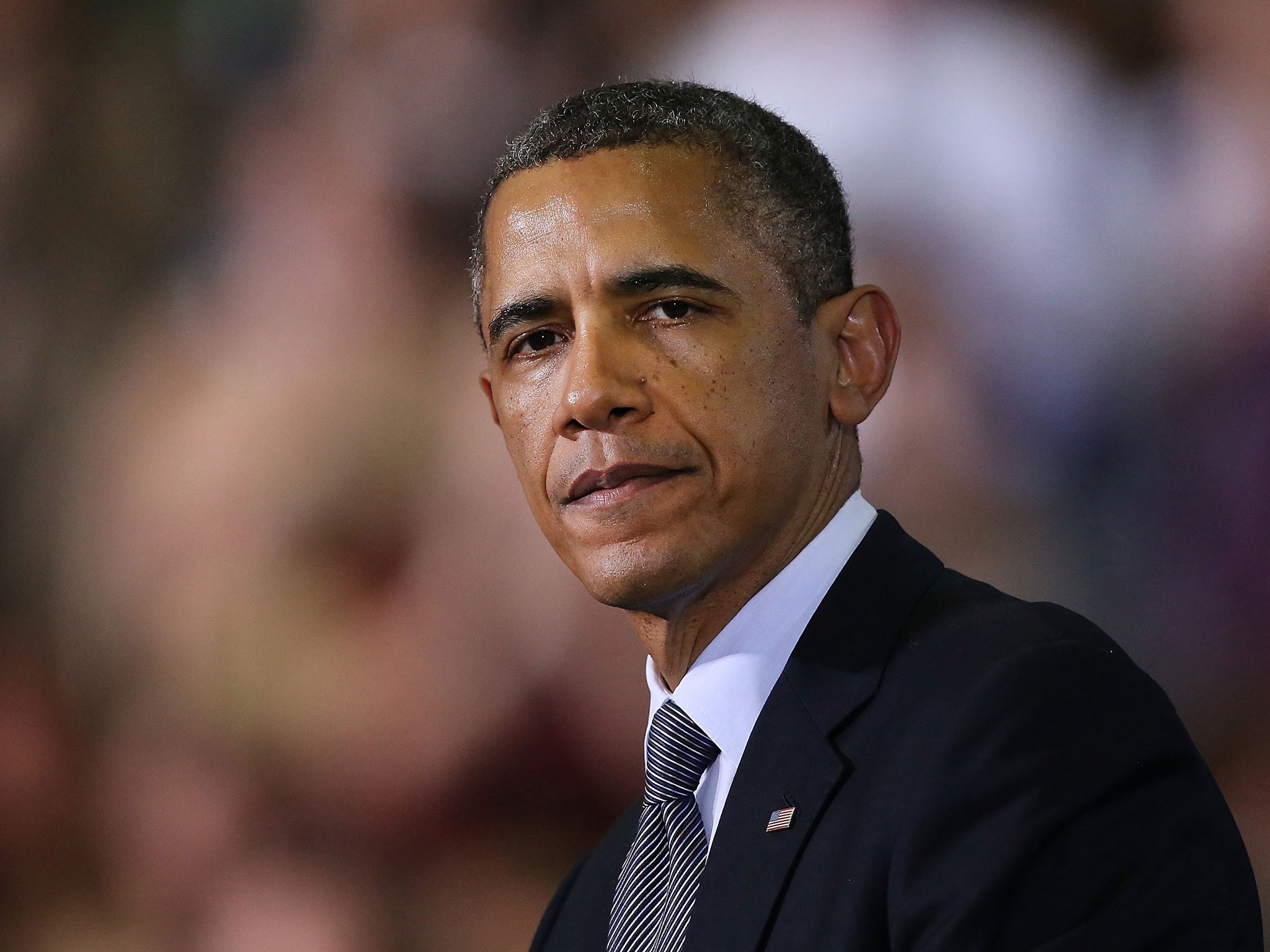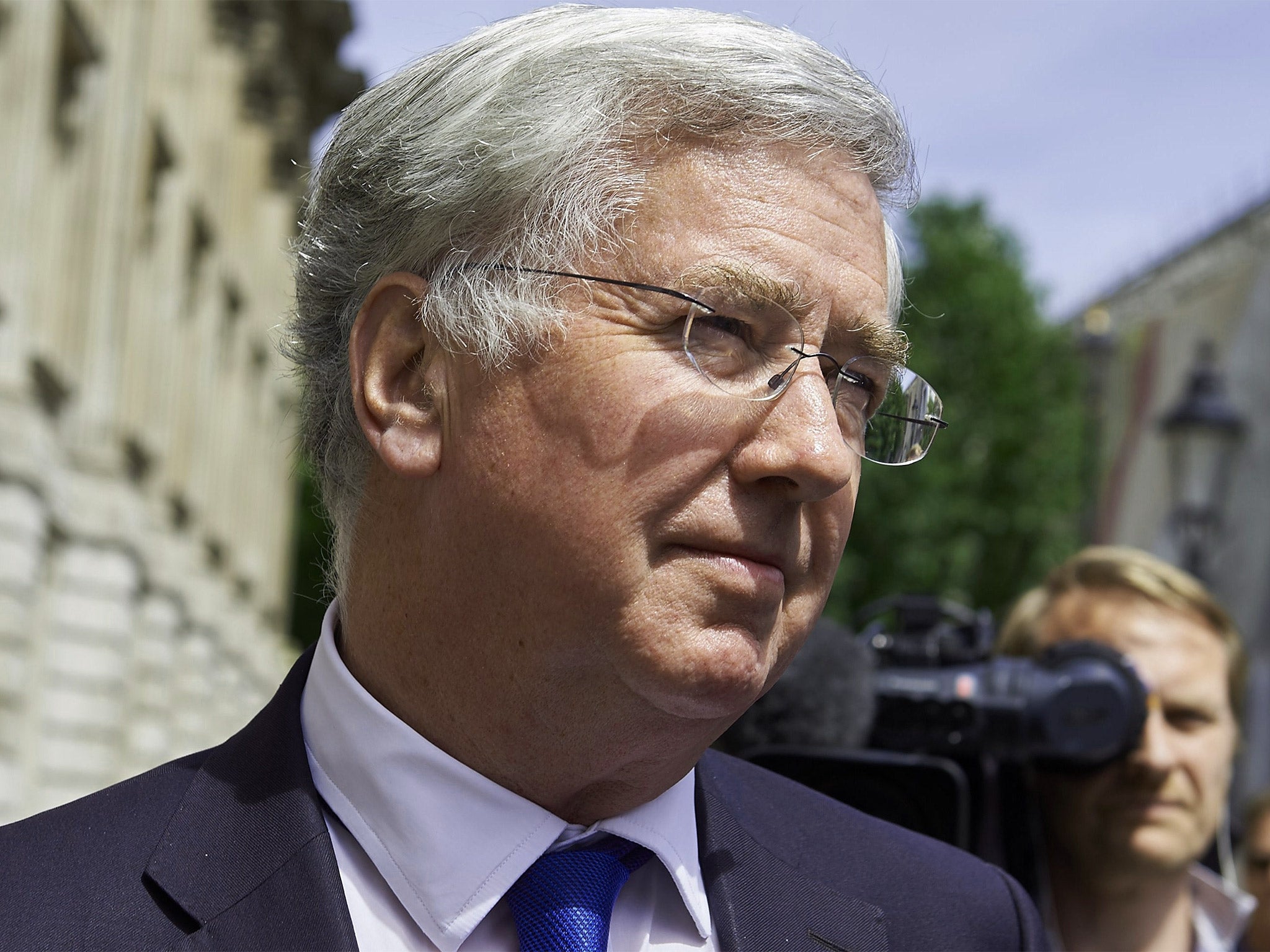US 'blocks Middle East allies from helping Kurds fight Isis' as Britain considers Syria air strikes
MPs will debate best way to combat 'Islamic State'

Your support helps us to tell the story
From reproductive rights to climate change to Big Tech, The Independent is on the ground when the story is developing. Whether it's investigating the financials of Elon Musk's pro-Trump PAC or producing our latest documentary, 'The A Word', which shines a light on the American women fighting for reproductive rights, we know how important it is to parse out the facts from the messaging.
At such a critical moment in US history, we need reporters on the ground. Your donation allows us to keep sending journalists to speak to both sides of the story.
The Independent is trusted by Americans across the entire political spectrum. And unlike many other quality news outlets, we choose not to lock Americans out of our reporting and analysis with paywalls. We believe quality journalism should be available to everyone, paid for by those who can afford it.
Your support makes all the difference.British MPs are considering the best tactic to fight the rise of Isis in Syria, with defence minister Michael Fallon expected to argue that the use of RAF air strikes should be sanctioned.
But one of the most direct ways the international coalition could combat the jihadists has reportedly been unilaterally blocked by the US.
President Barack Obama’s administration has reportedly refused to allow its closest allies in the Middle East to supply heavy weapons directly to the Kurdish YPG militia, widely regarded as the most effective – and successful – force yet to face the so-called “Islamic State” directly on the battlefield.
According to The Telegraph, a number of US-allied Middle East states have criticised Obama and David Cameron, among other Western leaders, for failing to provide a clear strategy and are willing to defy them and bypass the dysfunctional Iraqi government.
“If the Americans and the West are not prepared to do anything serious about defeating [Isis], then we will have to find new ways of dealing with the threat,” a senior Arab government official told the newspaper.
“With [Isis] making ground all the time we simply cannot afford to wait for Washington to wake up to the enormity of the threat we face.”

In a speech later, Mr Fallon is expected to tell MPs they need to think “very carefully” about how to tackle an “evil caliphate” that itself fails to respect national borders.
Government sources suggested Mr Cameron is now considering backing RAF air strikes.

Previously Mr Cameron has shied away from going to Parliament for authorisation for air strikes against Isis positions in Syria after the Government lost a vote in 2013 on military action against the regime of Bashar al-Assad. But speaking to the BBC, Mr Fallon suggested it might be time to change the policy.
“It is a new Parliament and I think Members of Parliament will want to think very carefully about how we best deal with [Isis] and the illogicality of [Isis] not respecting the borders,” he said.
Meanwhile, the BBC said it would continue to use the term Islamic State (IS) to describe the militant group, despite calls from the Prime Minister for it to change its terminology.
In an open letter to more than 120 MPs who asked for the broadcaster to use the term Daesh instead, Lord Hall rejected using a “pejorative name coined in Arabic by its enemies”.
“Unfortunately this term may give the impression of support for those who coined it and that would not preserve the BBC's impartiality” he said.
Subscribe to Independent Premium to bookmark this article
Want to bookmark your favourite articles and stories to read or reference later? Start your Independent Premium subscription today.
Join our commenting forum
Join thought-provoking conversations, follow other Independent readers and see their replies
Comments